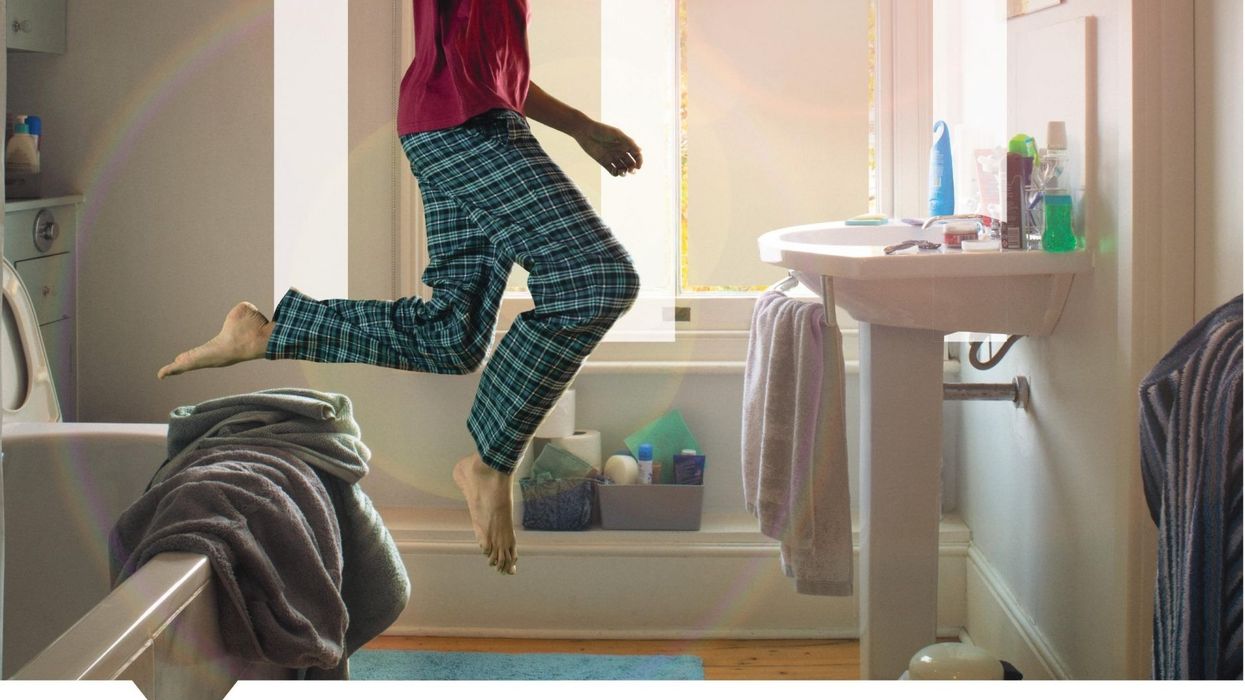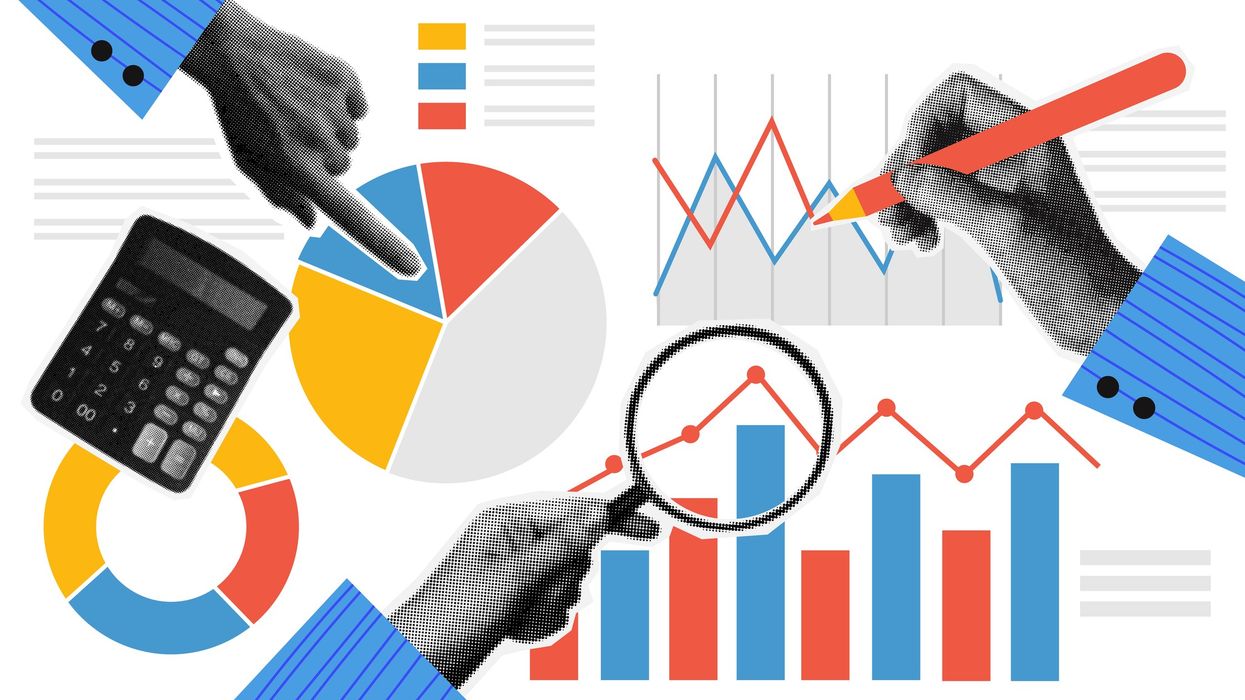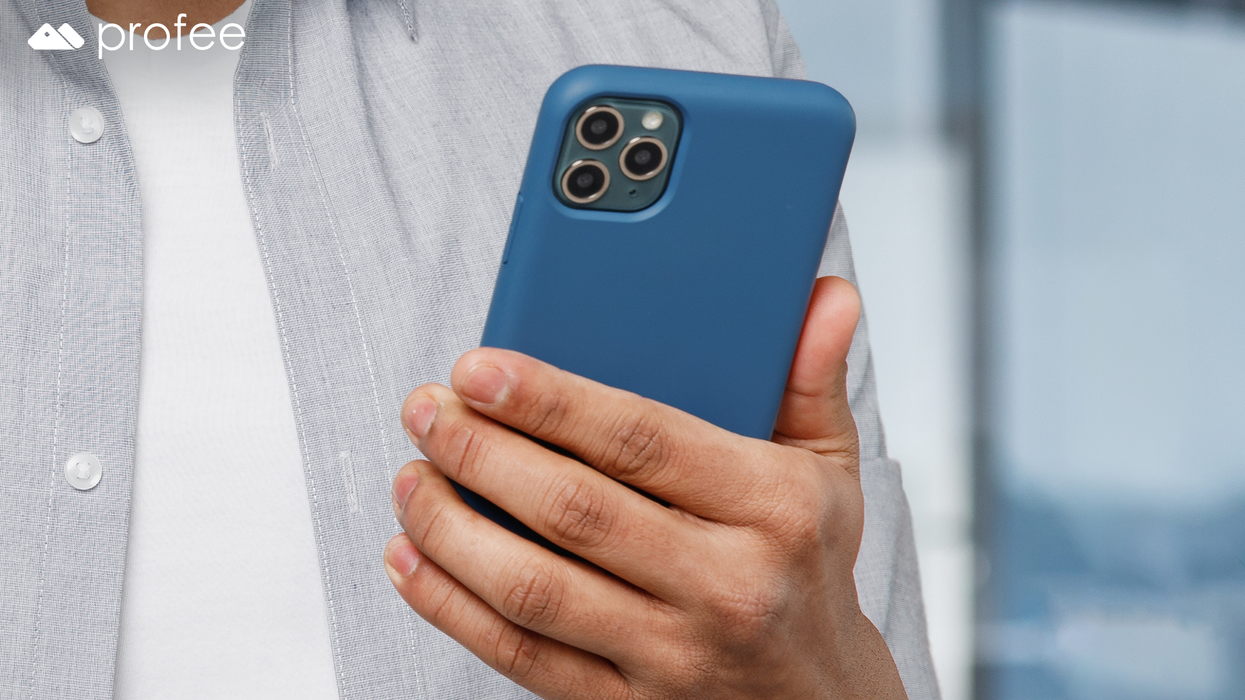The NHS is encouraging the public to use NHS 111 online to get urgent medical advice quickly – in addition to existing services – ahead of what England’s top doctor has said will be a ‘winter like no other’.
With more people predicted to suffer from flu this year and hospitals already treating an increased number of COVID-19 patients, NHS 111 online offers an alternative way to get immediate medical advice.
Data from September showed that the NHS was already experiencing record demand for emergency services, with ambulances responding to 76,000 life-threatening incidents and call handlers taking more than one million 999 calls.
The NHS 111 phone service also saw record demand, with a call being taken every seven seconds.
It’s recommended that if you have an urgent but not life-threatening medical need, you should visit NHS 111 online first rather than going straight to A&E. You can access the service by visiting the website 111.nhs.uk.
People use the online 111 service for a range of reasons, including to check their symptoms and if an injury or illness requires further investigation, to get information on mental health support services available, or to seek advice on how to take a medication.
The service is also able to arrange for you to be seen at an Urgent Treatment Centre, GP surgery, pharmacy, emergency dental services or A&E should you need it.
If you or your loved one have a life-threatening illness or injury then you should always use 999.
Just think 111 first. When you think you need A&E, go to NHS 111 online 111.nhs.uk or call 111.


















